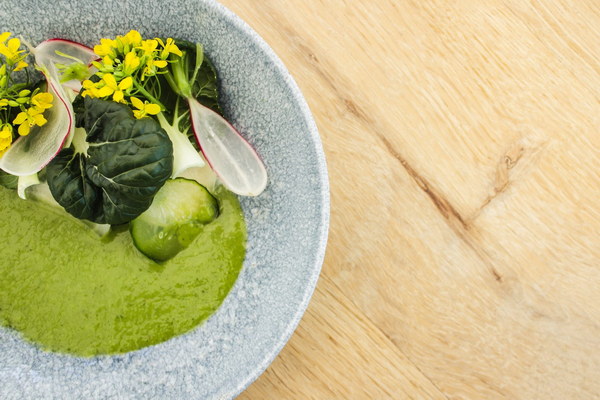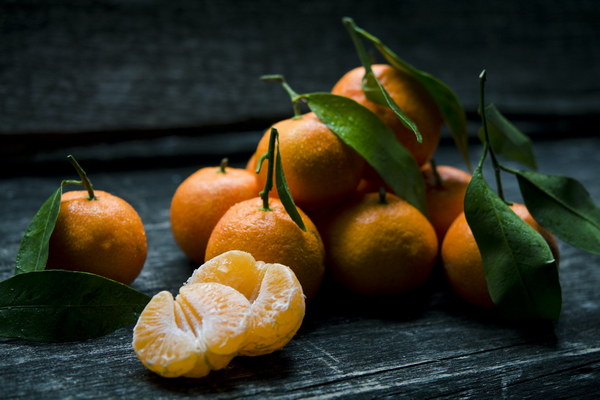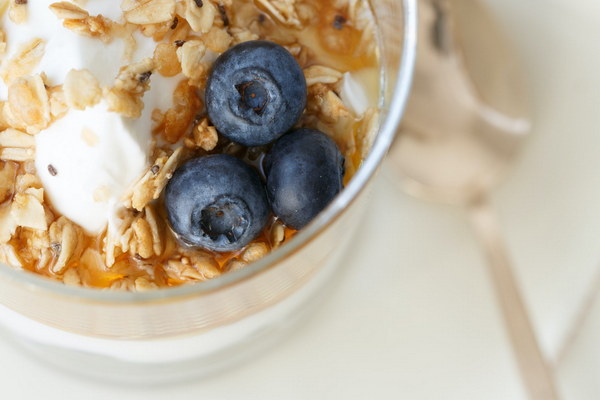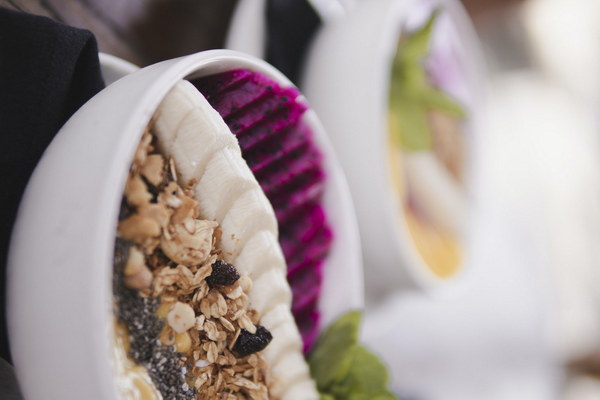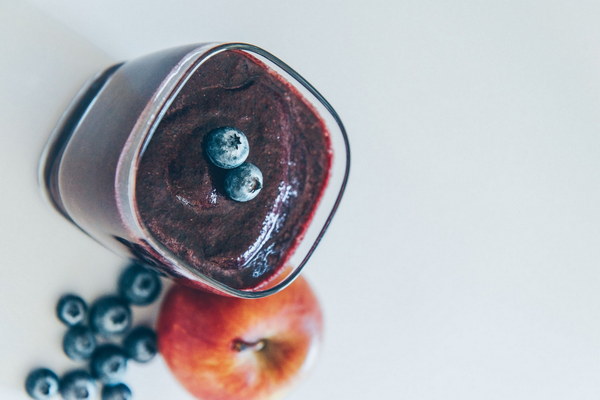Can You Take Tonics When You Have Phlegm A Guide to Safe Herbal Remedies
In traditional Chinese medicine (TCM), the concept of balancing the body's Yin and Yang is fundamental. When it comes to the common issue of having phlegm, many people wonder whether it's safe to take tonics. This article delves into the question, Can you take tonics when you have phlegm? and explores safe herbal remedies that may help.
Understanding Phlegm and Tonics
Phlegm, or phlegm-damp in TCM, is a substance that accumulates in the body due to various factors such as poor diet, overeating, stress, and external environmental factors. It can manifest as a thick, yellow or white mucus in the throat, chest discomfort, cough, and sometimes even difficulty breathing.
Tonics, on the other hand, are herbal or natural substances that are believed to strengthen the body and improve overall health. They are often used to enhance vitality, boost the immune system, and restore balance to the body's functions.
The Debate: Can You Take Tonics with Phlegm?
The short answer is that it depends. While some tonics can be beneficial when dealing with phlegm, others may exacerbate the condition. Here's a closer look at the factors to consider:
1. The Nature of the Phlegm
- Damp-Heat Phlegm: This type of phlegm is often associated with inflammation and heat. Tonics that are cooling and can help reduce inflammation, such as those containing honeysuckle or scutellaria, may be appropriate.
- Spleen-Damp Phlegm: This type of phlegm is often associated with a weakened spleen and poor digestion. Tonics that support the spleen and improve digestion, such as those with Astragalus or Codonopsis, might be beneficial.
2. The Properties of the Tonic
- Warming Tonics: These tonics, which may include herbs like ginger or cinnamon, are generally not recommended for those with damp-heat phlegm as they can increase heat and phlegm production.
- Cooling Tonics: Herbs such as rhubarb, peony, or bupleurum are often used to counteract damp-heat phlegm and are considered safer options.
Safe Herbal Remedies for Phlegm
Here are some safe herbal remedies that may help when dealing with phlegm:
- Honey and Lemon: A natural combination that helps thin mucus and soothe the throat.
- Echinacea: Known for its immune-boosting properties, echinacea can help fight off infections that may lead to phlegm production.

- Thyme: This herb has expectorant properties and can help in loosening and expelling mucus.
- Ginger: A warming herb that can help in digestion and may help reduce mucus formation.
- Licorice Root: While it can be warming, licorice root is also known for its soothing properties and may help reduce inflammation.
When to Consult a Professional
It's important to note that while these remedies may be safe for some, they are not suitable for everyone. If you have chronic phlegm or are unsure about the best course of action, it's essential to consult with a healthcare professional, particularly a TCM practitioner or a naturopathic doctor.
In conclusion, the question of whether you can take tonics when you have phlegm is not straightforward. It depends on the nature of your phlegm and the properties of the tonic. By understanding these factors and seeking professional advice when necessary, you can safely incorporate herbal remedies into your wellness routine and potentially alleviate your phlegm-related symptoms.
